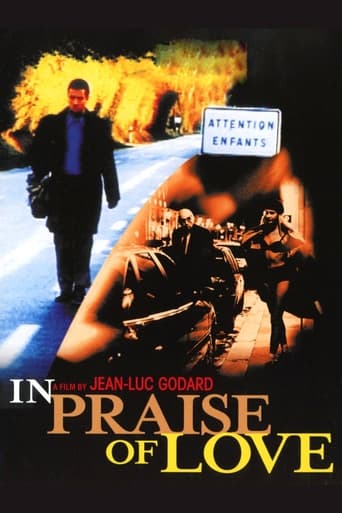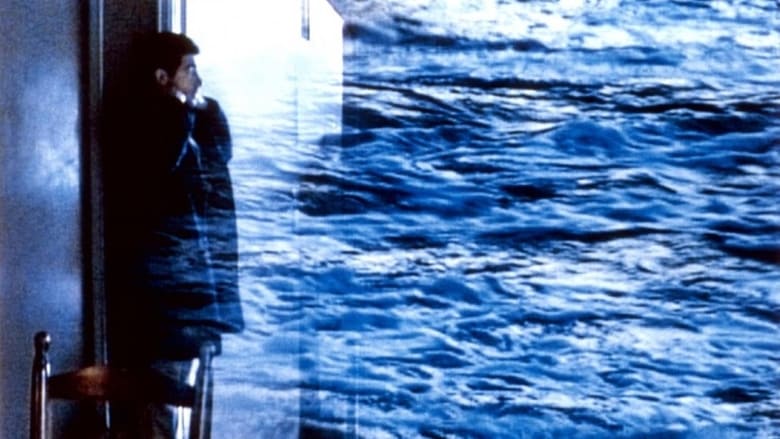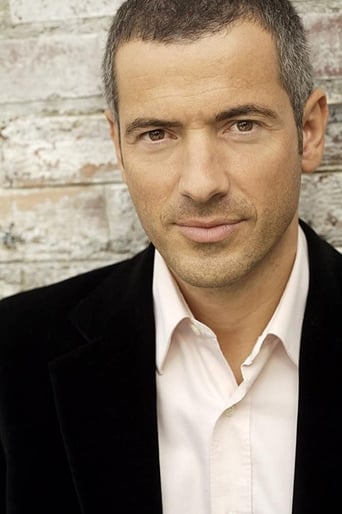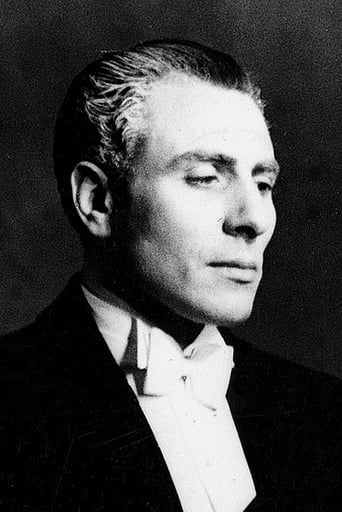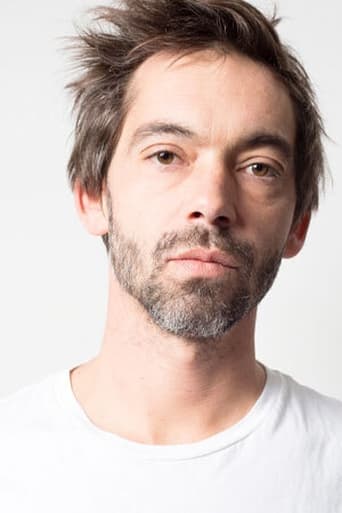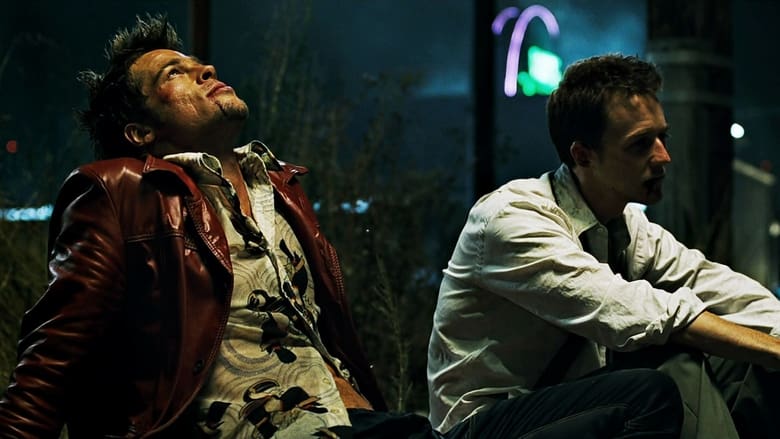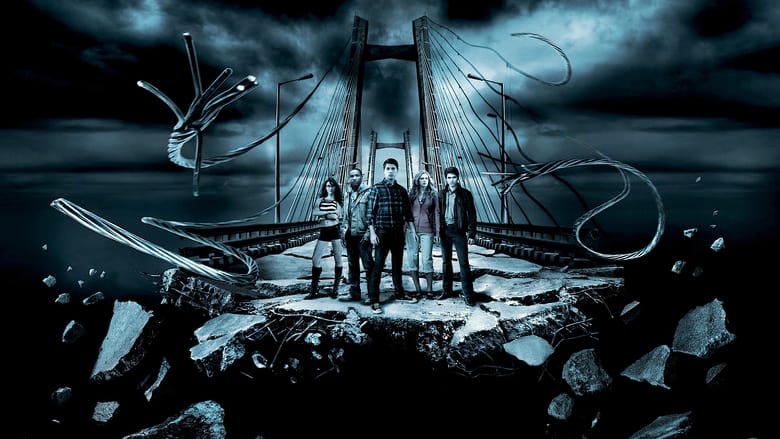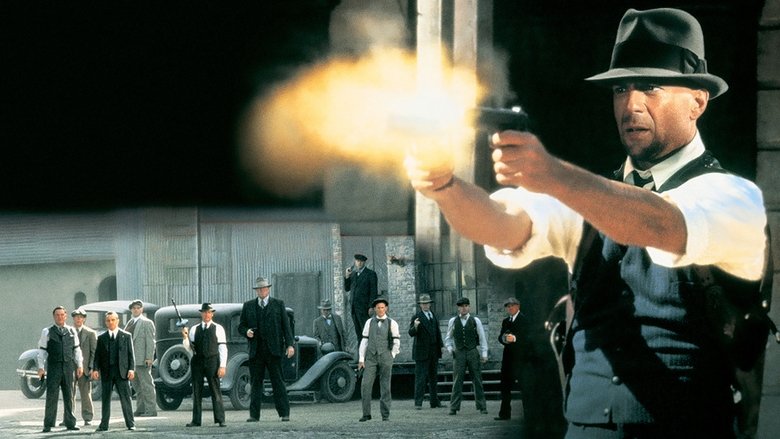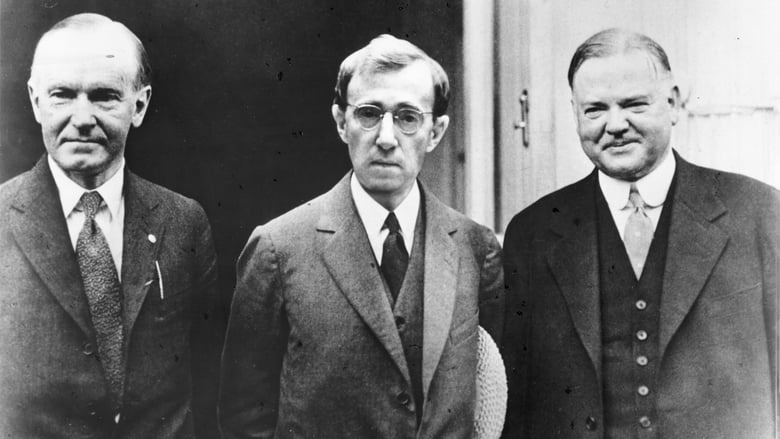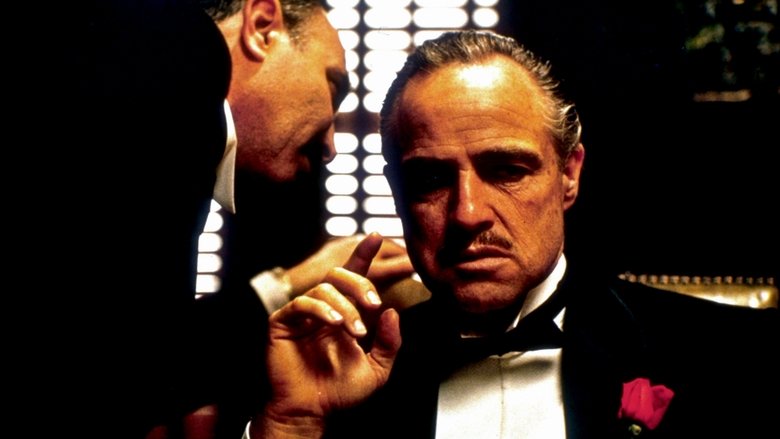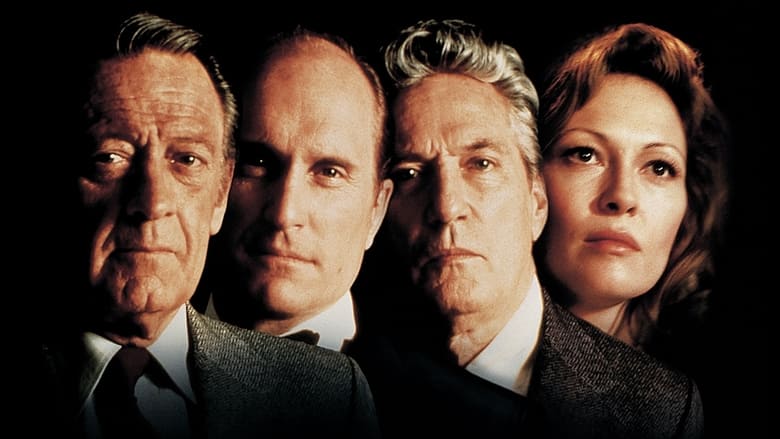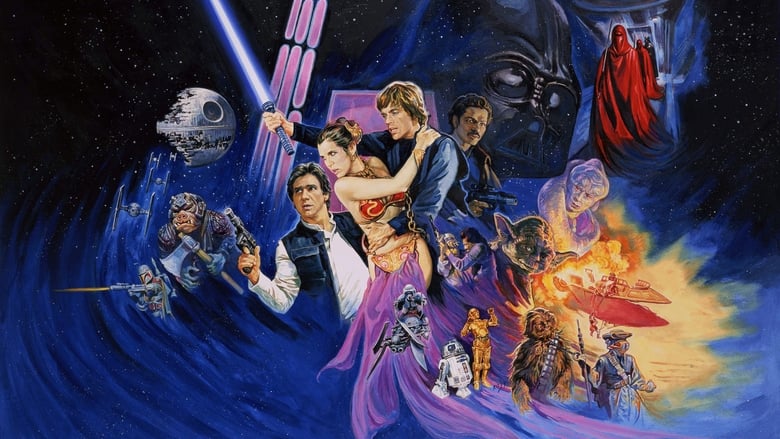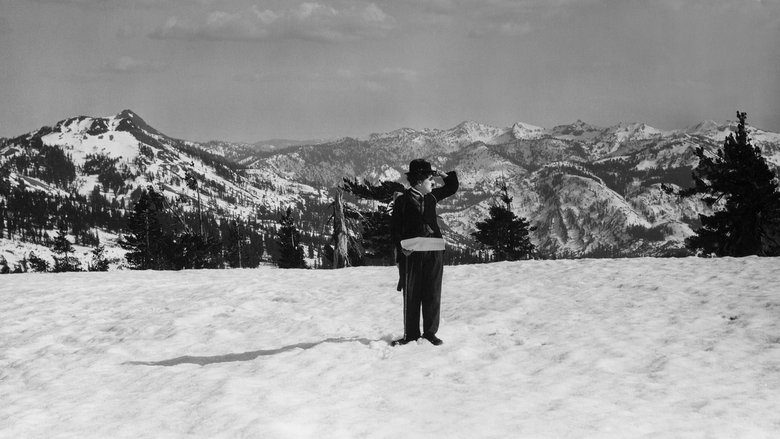Someone we hear talking - but whom we do not see - speaks of a project which describes the four key moments of love: meeting, physical passion, arguments/separation and making up. This project is to be told through three couples: young, adult and old. We do not know if the project is for a play, a film, a novel or an opera. The author of the project is always accompanied by a kind of servant. Meanwhile, two years earlier, an American civil servant meets with an elderly French couple who had fought in the Resistance during World War II, brokering a deal with a Hollywood director to buy the rights to tell their story. The members of the old couple's family discuss heatedly questions of nation, memory and history.


Similar titles
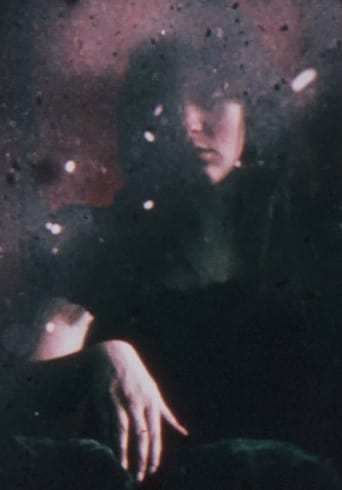
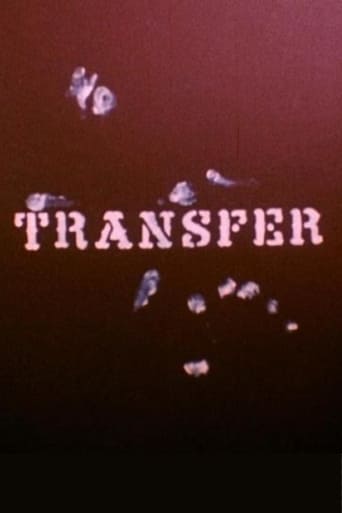
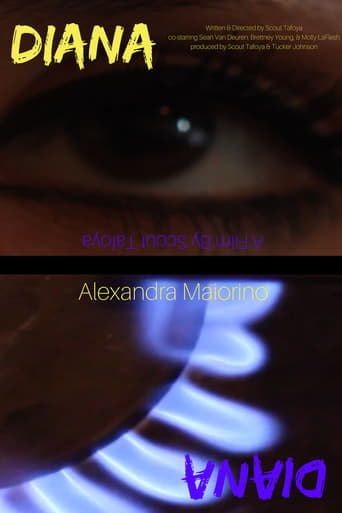
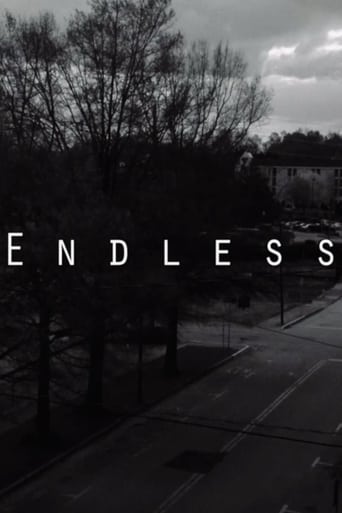
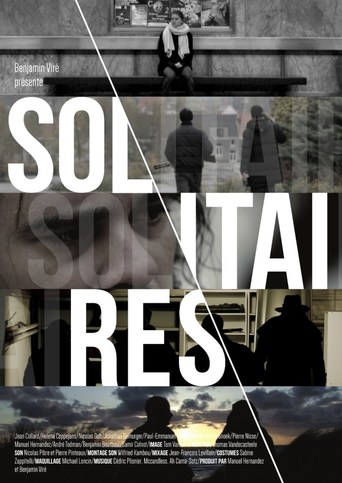
Reviews
"I don't know him (Spielberg) personally. I don't think his films are very good." – Jean-Luc GodardJean Luc Godard's "In Praise of Love" is divided into two parts. First part: a filmmaker's project about a love affair. This section is filmed in luxuriant blacks and whites. It is cinema as past. It occurs first. Second part: a filmmaker tries but fails to connect to a young woman. This section is filmed in saturated colours. It is cinema as future. It occurs second. Godard's order is accurate; past follows present because "the past" here is the filmmaker's memory in the present.Unsurprisingly, "Love" is not only about a physical romance between people (and countries/cultures), but the romance between Edgar, a filmmaker, and cinema. A stand in for the younger, more optimistic Godard of the 60s, Edgar charters Godard's own journey toward disillusionment.The film's second section revolves around a grandmother - a Resistance fighter during WW2 - whose "past history" is sought by Hollywood producers who work for Steven Spielberg. The resistance loses and Hollywood co-opts her tale. "Because they have no memories of their own," Godard muses, "Americans buy the memories of others." Here, history has been subsumed to fiscal and technological muscle. "He who controls technology, controls history," someone then says, both the past and cultures flattened, homogenised and foisted upon a world too weak to resist. But the past, Godard reminds us, has always been a kind of one dimensional artifact; always a collection of thin signs, signifiers and pop icons. Think 60's America, think hippies, weed, Dylan and bell-bottom pants; the memory triggers of an era.Many have complained that the film is "anti-Spielberg", but Godard is rallying against a more generalised form of "cultural imperialism"; the inability of smaller countries (the old grandmother) to resist the logic of a very neo-liberal, late capitalism. He then goes on to state that techno-capitalism, the engine of Hollywood, "colonizes the way Nazism once did". This reads like a bit of shallow sensationalism, though there are some similarities between the two: Nazisms rampant mysticism, its vehement anti-capitalist stance whilst simultaneously being rabidly capitalist, the way capitalism "benignly" bulldozes cultures by innocuously presenting new (and false) choices which we ourselves willingly choose etc.It is clear that Godard has contempt for "Schindler's List" (those who argue that "Spielberg made no money off "List" miss the point), which he largely believes is a trite bag of lies (which modern historians have since verified - see Gruntova, Crowe, Meyer). But his real target is the way cinema repackages, distorts and commodifies history, reducing the past to a set of myths designed to placate. Godard doesn't quite exempt himself from this process. In "Carmen" Godard made fun of being out of sync with the world, casting himself as a washed up wreck of a movie director called "Uncle Jean". In this film, he expresses his inability to love cinema. Cinema has left him hanging like an ex lover. He no longer believes in it as a transformative artform."Love", like a number of Godard's later films, is shot like a series of fleeting fragments. Memory is omnipresent, it invents our current reality, and as such the film is structured around a series of memory triggers. Making heavy use of montages, thematic juxtapositions, symbols, symbolic vignettes and jump cuts, Godard's language here is too esoteric for audiences to digest in one or even two viewings. Like Godard's greatest films ("Weekend", "Film Socialisme", "Our Music", and to a lesser extent "Made in USA", "Histoire(s) du Cinema", "First Name: Carmen", "JLG/JLG", "Nouvelle Vague", "Hail Mary", "Every Man For Himself", "Contempt", "King Lear" and "Pete the Madman"), it's one which gets better, more touching, with re-watches.More typically Godarddian musings follow: "moving forward is a rejection of your former self." Edgar is the only character in the film who's trying to become an "adult" - seen here as an effort to transcend the world's "Spielbergs" - an attempt which is comically mirrored to Godard's admission that in his old age, he is left only to gaze at the past, unable to move forward and trapped with the regrets of his youth. The idea that youth and old age are recognisable (from a physical and philosophical perspective) and easy to achieve with little effort whilst adulthood, or a "fully-realized, ethical maturity", is more elusive since few people are "allowed" to reach their potential, is repeated throughout the film.And so despite Edgar's best efforts, he is unable to achieve what he set out to do. He makes the jump from childhood to old age without ever becoming an "adult". The world simply doesn't care about Edgar and his "love project", preferring to be trapped in a kind of infantalized, Spielbergian limbo. "The State cannot embrace the world in its totality," Godard then opines. "The state is self-serving and negates love." Love, in Godard's case, is indistinguishable from cinema. Neither is allowed and capitalism's logic is a threat to both.And while most filmmakers see the past as something dead and gone, it's very much alive for Godard, for whom understanding history is the only way to break the vicious cycle of human tragedy. Like "Our Music" and "Film Socialisme", the idea here is that all art forms have failed to evade capitalism, and film, in its ahistoricism, in its unwillingness to understand the past, has followed suit. While these political ruminations are typical of late-Godard, the film's tone is wholly new. This is ultimately a love story, or rather, a film about every form of love: the love between people, creeds and countries, the love of philosophy, the love of what Godard calls "truth and clarity", the love of an ex lover, the of love cinema and the potential the fantasist hopes it still holds. In each sub-section of the film, such "love" morphs into loss and/or melancholy.8.5/10 - Multiple viewings required.
Jean-Luc Godard's episodic opus about a man who interviews various individuals about an unknown project called "Eloge de l'amour," which will involve three couples experiencing four stages of love. The first half of the film, shot in Paris, appears in 35-mm BW and displays some of Godard's most impressive footage. The second half, set in Brittany two years earlier, is shot in super-saturated, bright digital color, deliberately crafted to overwhelm the viewer. The film is oblique, contemplative, challenging, esoteric, and profoundly beautiful. Includes a haunting piano score from Ketil Bjornstad and Arvo Part. Not too be missed.
Jean-Luc Godard is back in his most complex films, In Praise of Love, an exuberant satire of the media's affect on the cold real world. The film's sharp insights come from its self-containment, constantly posing questions as to the methods behind its filmic madness. Godard is one of the most intimidating modern filmmakers; I will have to watch this film again (and again (and again (and again))) before I can have a rich interpretation of it. But, to give you an idea of the first impression I got from the film, it brilliantly questions the mainstream media's attempt to give the cold world we live in a more romanticized appeal. The film starts in black-and-white as we learn about the hardships faced by members of the French resistance during World War 2; this part of the story is told in a dark, dreary way, giving us the real world, stripped of hope or joy. Later on we see some of the first color images in the film: we see a vibrant ocean but the sand is blue and the water is orange (it is a beautiful image but it is not true to reality). This introduces us to the second part of the film-two years earlier than the first part-in which the characters who will later be in the resistance try to sell a story about their past to some Hollywood producers who will turn it into a glossy potboiler directed by Spielberg. Godard has been criticized for using Spielberg as a target but I would say that he is hardly meant to be a target. Spielberg-at the least in the 70s and 80s-made a dozen film that make the world we live in a more beautiful and innocent place; Godard is honestly trying to figure out whether Spielberg's way of looking at the world is the right way. In the end, however, he disagrees with Spielberg: You can make the world look more magical than it is but, sooner or later, the black-and-white world of sadness will come crashing down-often right after the happy ending. Footnote: As for the complaints about the films anti-Americanism well, yes, the dialogue in which it is proved that our country has no real name (there are two other united states in America) is a bit silly, but it is simply in some (as far as I can tell) insignificant dialogue between two characters. It isn't as if Godard went out of his way to prove that our country has no name.
It's very difficult to see some of Godard's most recent work here in the United States, but what's available confirms in my mind that, as a director, he's still ahead of the game. True, contemporary trends combined with the business of film leave little room in the commercial market for those who work in such a subjective and experimental way - as Godard continually does. But being pushed to the sidelines of commercial cinema does not, in my opinion, automatically mean the artist (in this case, Godard) is any less powerful or innovative. And to my way of thinking, IN PRASE OF LOVE, though difficult at first to penetrate, is a terrifically rich and rewarding experience; as wildly innovative in its own way as the jump cuts were in BREATHLESS over forty years ago. The most ironic thing about Godard's work all of it is how his continual exploration of film technique and convention over the last forty plus years has been so thoroughly digested by the mainstream. The kind of non-linear editing that so perplexed many in the 60's is now the basis of modern, Hollywood montage. Music video owes much to what Godard did back then. Fragmenting an action or series of actions in such a way that the result is not an easy, linear flow of time and space, but the visualization of an idea or, more often the case today, an emotion, seems to me an essentially Godardian concept. (Trivialized now, in the way its function serves today's action movies.) The way Godard's technique fragments and folds the past with the present in IN PRAISE OF LOVE, serving, as it does, the very basic conventions of a love story, took my breath away. To me, the film evokes both an intellectual response, and one that is entirely emotional. Left to his own devices, Godard continues to show us that possibilities exist beyond current trends and expectations. His experiments lead the way in cutting edge technique and personal expression. (Indeed, Godard was using tape a long time before the Dogma boys, and I suspect years from now digital tape will in fact be the norm.) So I wouldn't count him our. Not at all. He'll never again be the toast of any new wave, but his influence will always be with us
